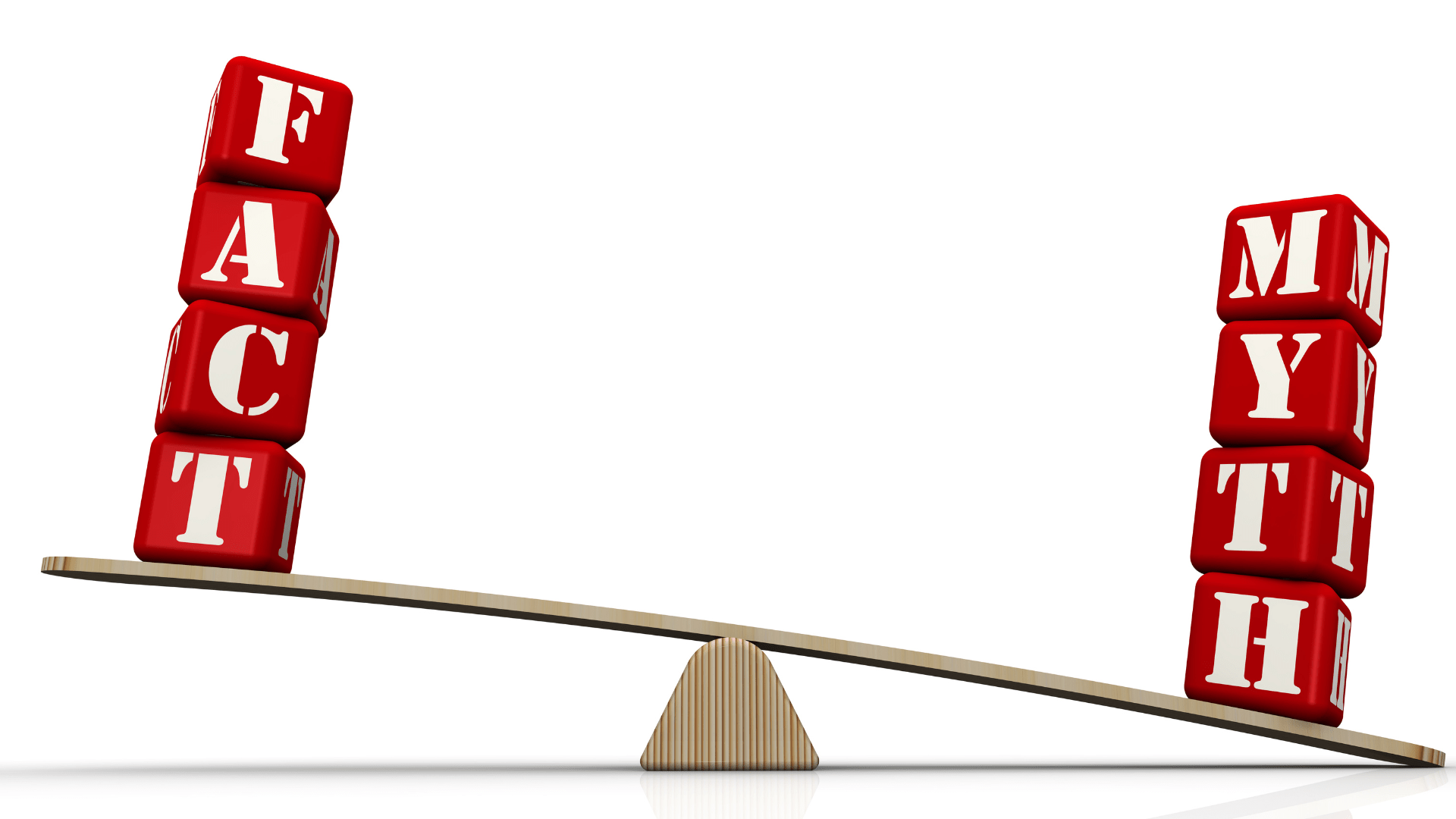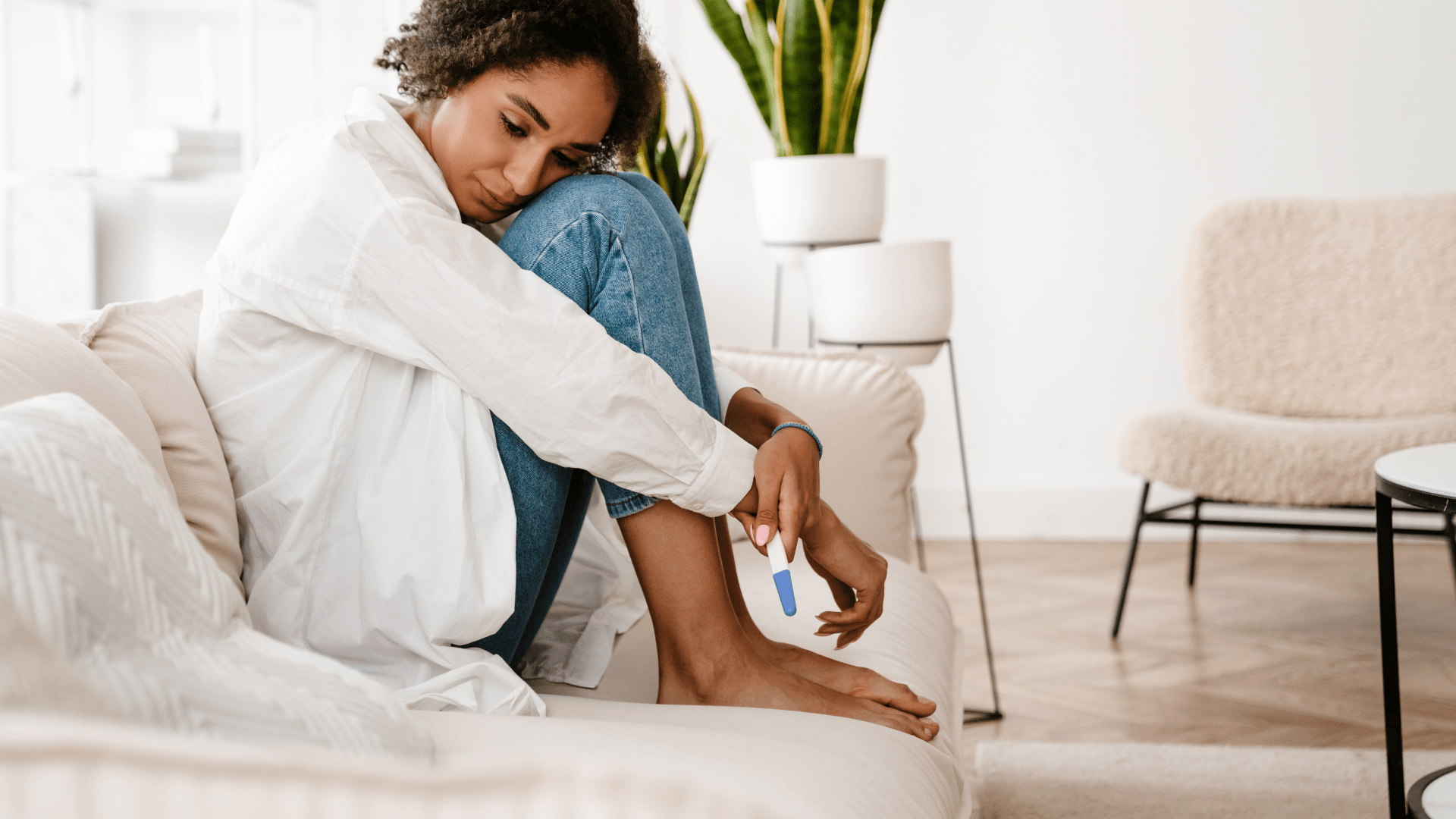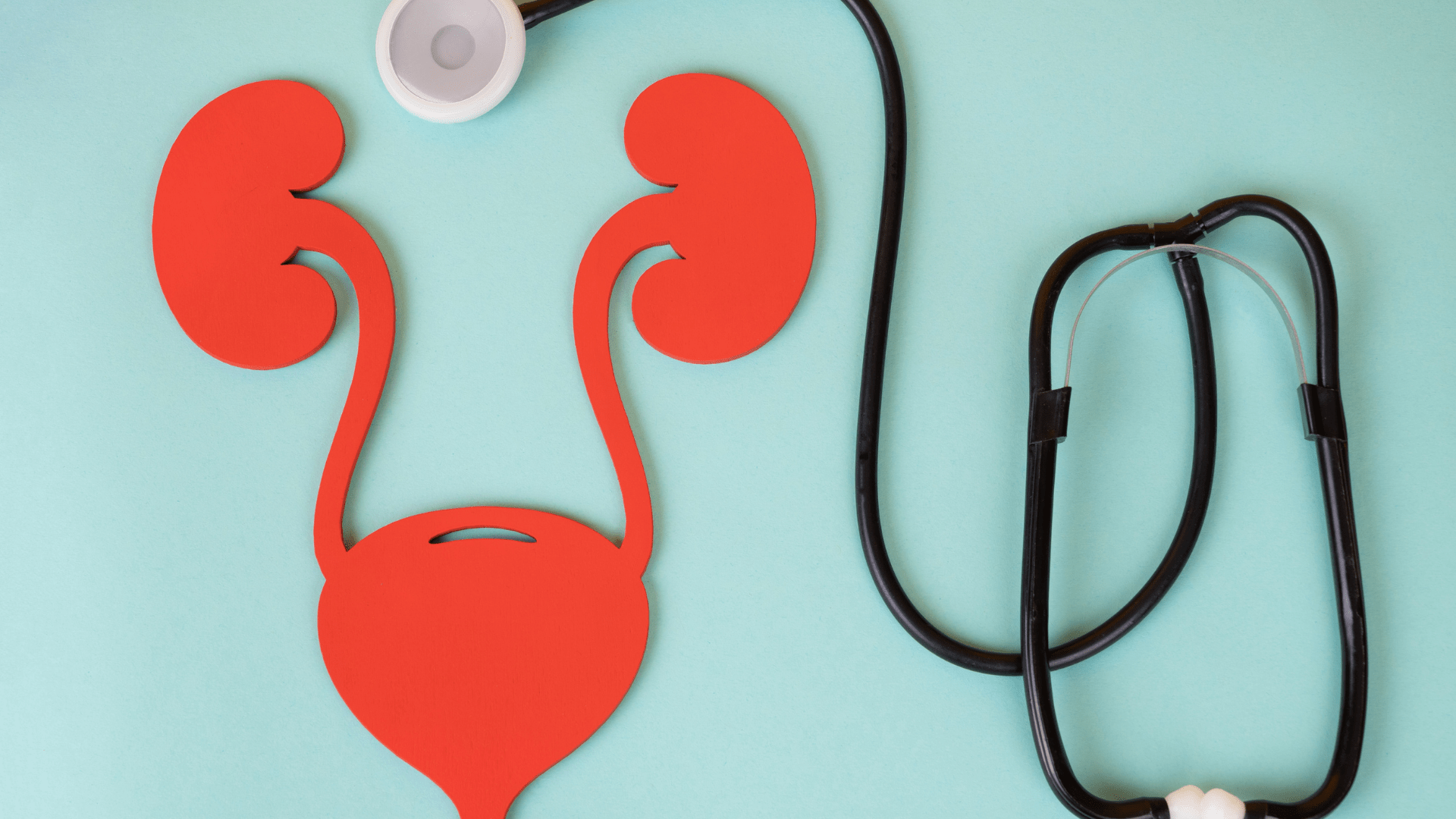“Your biological clock is ticking.”
“Your eggs will expire once you get to 35.”
Sound familiar? If you’re a woman in her 30s or even in your late 20s, chances are you’ve heard these phrases and their million variations before.
As women, we’ve been told, even from a young age, that our chances of getting pregnant will immediately plummet once we get to our 30s. From aunties to friends to random internet strangers, it seems that everyone has an opinion on your fertility once you hit the big 35.
The real question is how much of this is true, and how much is outdated fear-mongering myth?
In this article, we will take on the role of MythBusters, using real science instead of speculation. Whether you’re actively trying to get pregnant or you’re just planning for the future, this is your evidence-based guide to fertility after 35 years.
We’ll explain what advanced maternal age means, what changes biologically, and how you can make informed choices.
What is advanced maternal age?
Advanced maternal age is a medical term that refers to pregnancy in women aged 35 and above. Sounds dramatic, we know. This term is used because certain pregnancy risks increase with age, and your doctors would want to monitor you closely to ensure that you have a healthy and safe pregnancy and delivery.
Not-so-fun fact: It used to be called geriatric pregnancy, but thankfully, that term is going out of style.
Now that we know what advanced maternal age means, let’s bust some myths!

Myth 1: Fertility “jumps off a cliff” once you clock 35.
Fact: Fertility declines gradually, not suddenly.
According to the Centers for Disease Control and Prevention, fertility in women declines steadily with age. This gradual decline in fertility may start in women from their late 20s and become more noticeable after 35. Here’s why:
Egg quantity decreases: Women are born with all the eggs they’ll ever have. As you grow older, the egg count, also known as the ovarian reserve, starts to diminish (side-eye Mother Nature!). By age 35, the ovarian reserve is lower than it was in your early 20s.
Egg quality declines: The quality of your egg also reduces as you grow older. Older eggs are more likely to have chromosomal abnormalities that may influence conception and pregnancy outcomes.
Hormonal changes: As women age, hormonal shifts may affect ovulation and make pregnancy more difficult.
Myth 2: If you’re older than 35, you will definitely have pregnancy complications.
Fact: While risks are higher, it is not a guarantee. Many women over 35 have healthy pregnancies.
After 35, the risks during pregnancy are higher, but not inevitable. Some of the common risks include:
- Gestational diabetes
- High blood pressure (pre-eclampsia)
- Miscarriage
- Chromosomal conditions like Down syndrome
Recent guidelines from the American College of Obstetricians and Gynecologists note that while there are increased risks associated with advanced maternal age, most women over 35 still have healthy pregnancies and outcomes, especially with early and consistent antenatal care.
Myth 3: You can’t get pregnant without IVF after 35.
Fact: Many women conceive naturally after 35.
For some, it may take longer to get pregnant naturally, however, many women after 35 conceive without assistive reproductive tech like IVF. A review published in the Human Reproduction Journal found that women aged 35 and above with unexplained infertility, still had a meaningful chance of conceiving naturally within a year.
However, if you’ve been trying for more than 6 months, it is best to speak with a fertility specialist.
Myth 4: There’s nothing to do to improve fertility chances after 35.
Fact: There are several ways to support fertility, even after 35.
Here are some useful evidence-based tips that can support your reproductive health and fertility if you’ve been struggling to conceive:
- Track your cycle: Timing intercourse during your fertile window can help you increase the chances of pregnancy.
- Healthy lifestyle: Do not underestimate the power of adopting a healthy lifestyle. Eating healthy and balanced nutrition, exercising regularly, managing stress, and ditching alcohol/smoking can support your hormones and egg health.
- Get tested: Fertility tests like anti-Mullerian hormone (AMH) and ultrasound scans can give you a clearer picture of your reproductive health.
- Speak with a fertility specialist: Get proactive! Early support = Better outcomes. If you’re struggling to get pregnant, a fertility specialist can walk you through options like fertility medications, Intrauterine Insemination (IUI), or In Vitro Fertilization (IVF).
What if I’m not ready to have a baby yet?
You’re not alone. Many women are choosing to delay childbearing for career, health, or personal reasons. Egg freezing is an option you can explore to preserve your fertility. This process involves stimulating your ovaries to produce more eggs, harvesting them, and preserving them at a younger age for the future if needed. It is not a guarantee, but it’s a way to keep your options open till you’re ready to get pregnant.
Final thoughts
There’s no denying that age plays a role in fertility for women, but it’s time to move past the myths and focus on facts. Having the right information is your best ally to help you write your fertility story on your terms.
Got questions or ready to talk to a fertility specialist? Schedule a session with us to get started!
References
Infertility: Frequently Asked Questions | Reproductive Health | CDC
Pregnancy at Age 35 Years or Older | ACOG
Advanced Maternal Age | Johns Hopkins Medicine
Pregnancy After 35: Myths, Facts & Tips for a Healthy Baby
Women are often told their fertility ‘falls off a cliff’ at 35, but is that right?





